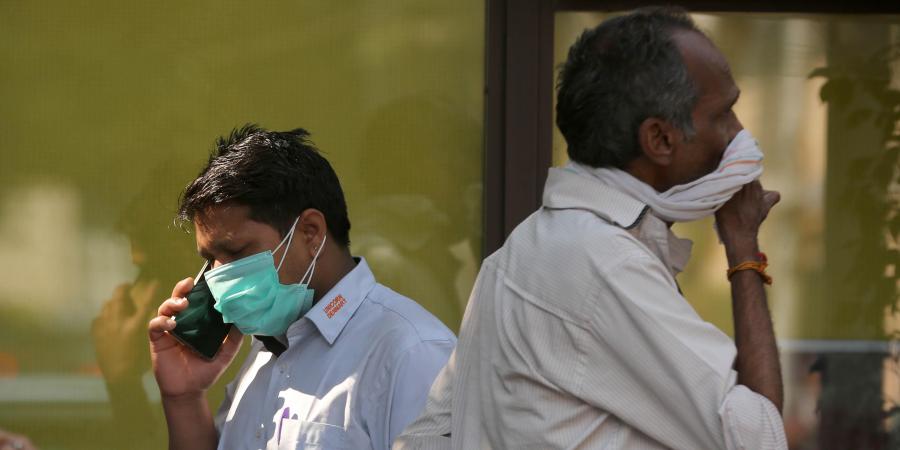
Emotions in the time of a Pandemic
- By Naureen Bhullar
- May 21, 2020
Emotional contagion, pandemic, fear, compassion, mindfulness
What we are currently experiencing with the Covid-19 pandemic is unprecedented in recent memory. How is it influencing emotions and behaviour? Instinctively the first emotion that comes to mind for a pandemic is fear. Around the world people resorted to panic buying when they heard of a potential lockdown. The Supreme Court of India described the fear and panic induced in people due to the Covid-19 virus as more dangerous than the virus itself.
Emotional contagion is the tendency of humans to ‘catch’ other people’s emotions, through words and non-verbal expressions including body language, tone, and facial expressions. Massive large-scale emotional contagion has also been demonstrated electronically through social media in a 2014 Facebook study. We may be susceptible to emotions of people from around the world through social media even if we are in a lock-down and isolated.
Gustave Le Bon in his 1896 book, “The crowd: A study of the popular mind”, proposed an epidemiological approach to emotional contagion and linked propagation of emotions to the spread of germs. He believed that people in a crowd show emotional contagion of fear as they do not act rationally as they would individually, and panic is more likely when faced with a fearful situation. However, research done after September 11, 2001 in New York City showed that people in large groups also cooperate when faced with threatening events.
But what about emotions particularly in a pandemic? An Italian-based artificial intelligence company Expert System searched through tens of thousands of social media posts in the English language world over a period of several days to track feelings towards Covid-19. Fear was the most dominant emotion expressed by people followed by sadness. The emotion tracker found that the positive emotions were in decline, except for love and hope.
There are examples of blaming people for the pandemic, whether it is the Chinese for their wet markets or people attending religious events and spreading the virus. This anger is spread like wildfire and sometimes followed by violence. This is one of the most dangerous outcomes of the emotional contagion of fear and anger.
People are also increasingly isolated as they work from home. Satya Nadella, Microsoft CEO, warned of the potential damage to mental health of employees if permanent work from home is implemented. Other companies like Twitter, Facebook, and Google have allowed work from home for extended periods of time. This work scenario is challenging in many ways as people (especially women) balance work and personal responsibilities. It is not surprising that there has been a significant drop in women’s research productivity since the start of this pandemic. Moderate to extreme stress has been reported by a large percentage of employees in a recent survey with nearly 70% reporting it to be the most stressful period of their professional lives.
On the other hand, there was another set of headlines which emphasized the kindness people showed to each other and virtual strangers around the world. The Kindness Pandemic Facebook group was set up to encourage intergenerational kindness. Lakhs of needy people were fed in different parts of India; a policeman drove more than 400 km on his scooter to deliver medicines to a cancer patient in Karnataka.
Positive emotions may be more contagious than negative emotions in an everyday context. People are often more motivated to stay in a positive emotional state according to the motivated cognitive processing theory and they instinctively focus on positive and avoid negative emotions. However, the initial emotion of fear in a pandemic may be adaptive when it is contagious, as people avoid crowds to prevent the chances of infection. But what about the positive emotions of love, which did not decline according to the Italian emotion tracker Expert System?
People also seem to become more susceptible to the positive emotion of compassionate love, which is defined as the affection we feel for those with whom our lives are connected. Who are these people with whom our lives are intertwined? Is it just our families and friends? Most of us think of our loved ones when we speak of compassionate love. But the altruistic examples have been for strangers. The contagious nature of this pandemic has perhaps inadvertently taught us that a lot more people’s lives and well-being is directly tied to our own.
Given the prevalence of fear among people around the world, how do we manage our emotions? The methods proposed by management scholar, Sigal Barsade are tested ways to positively impact one’s mood and include exercising, volunteering, mindfulness meditation, and positive high-quality connections with others. Volunteering and positive high-quality connections are related to compassionate love, which may mitigate the negative impact of fear. Compassionate love for others is related to positive mood for the self. People can feel good when they focus on others and this can reduce their distress.
Mindfulness has also come to the forefront with the spread of Covid-19. Jon Kabat-Zinn defined mindfulness as “paying attention in a particular way: on purpose, in the present moment, and nonjudgmentally”. “Wash hands regularly; do not touch one’s face; maintain social distancing.” All of these activities need mindfulness. Mindfulness-based psychological interventions can improve stress-related mental health outcomes including anxiety and stress.
Mindfulness also involves looking at a problem from multiple perspectives and stressful events are likely to be perceived as less stressful when viewed this way. The pandemic situation is dire, but one can view it from other angles. A lot of people have lost their lives and there are huge economic losses. Multiple drug treatments and vaccines are being tested globally. If people follow certain precautions, they are less likely to get affected. There is some control one has over the context. As Viktor Frankl, Holocaust survivor and psychiatrist who influenced humanistic psychology, said, “Everything can be taken from a man but one thing: the last of the human freedoms—to choose one’s attitude in any given set of circumstances, to choose one’s own way.”


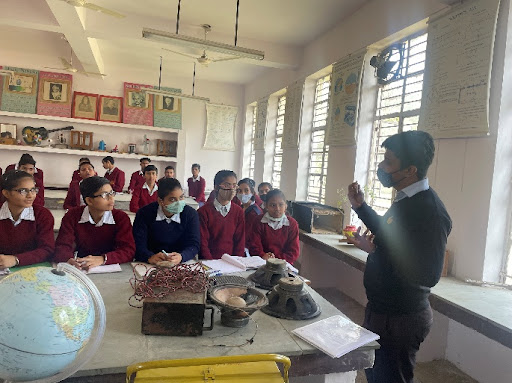
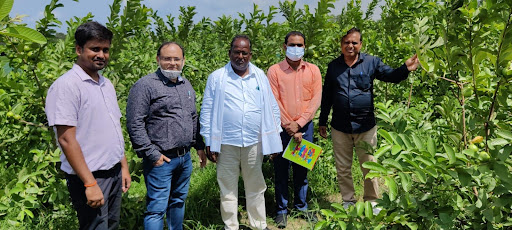


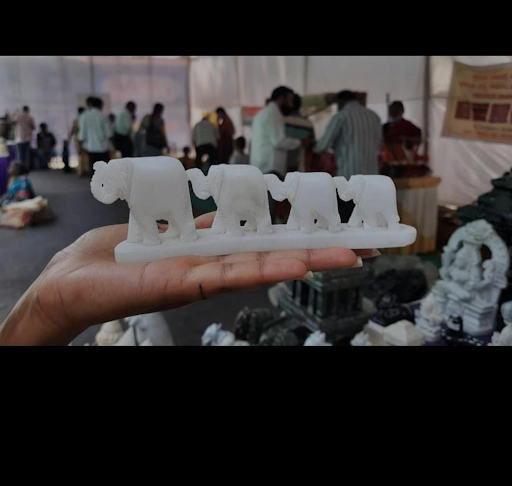
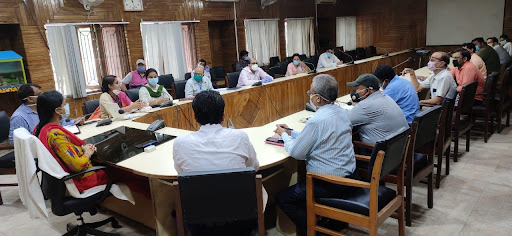
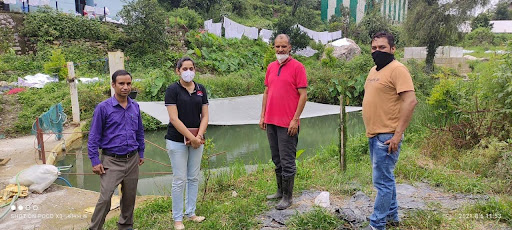





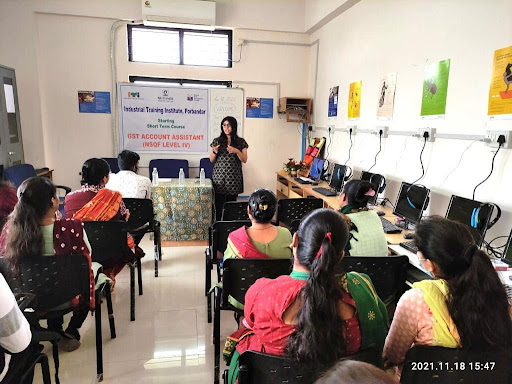
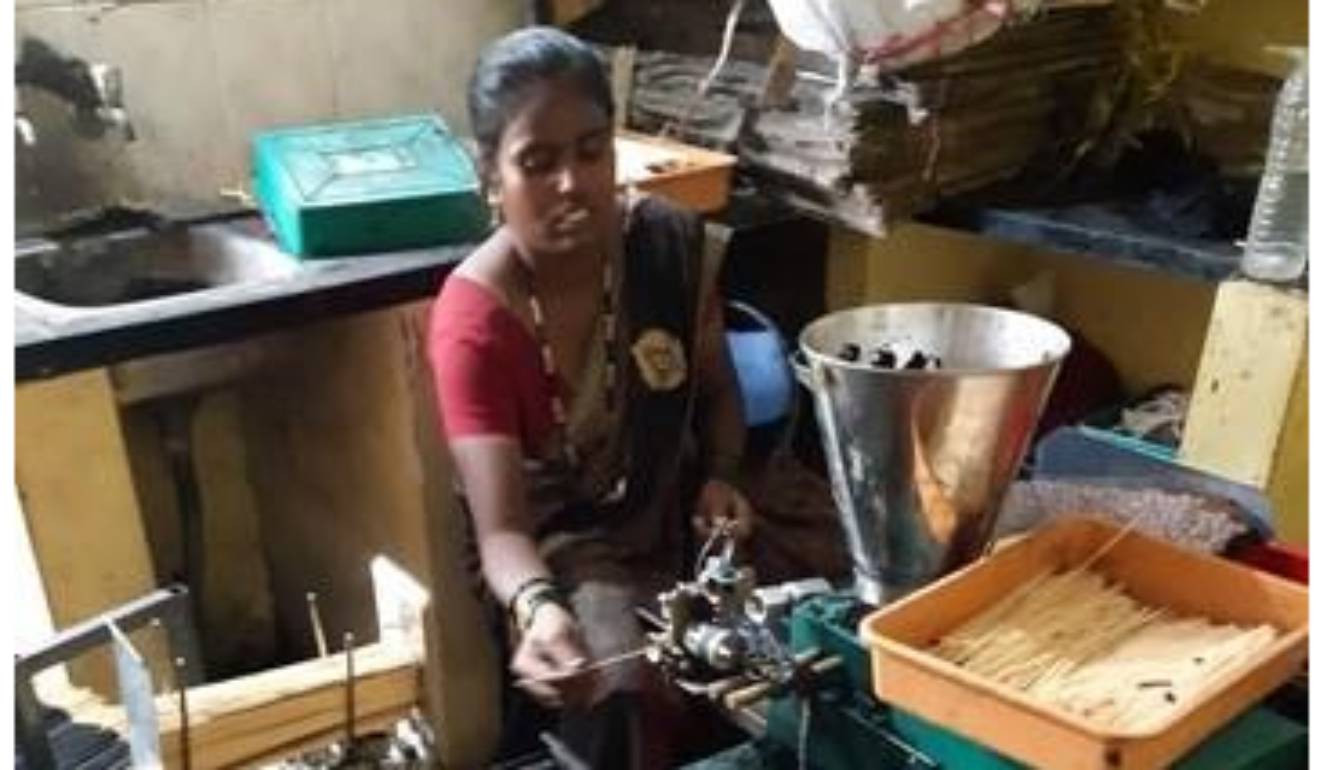
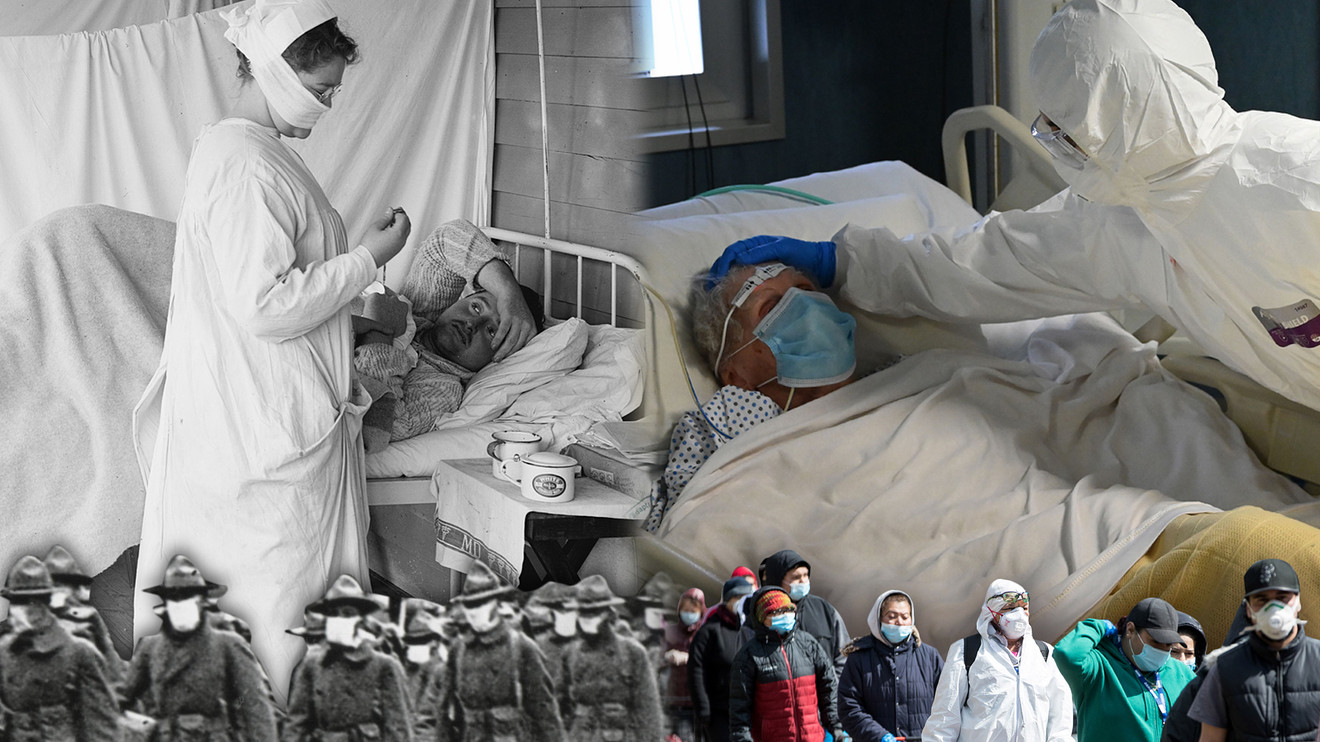

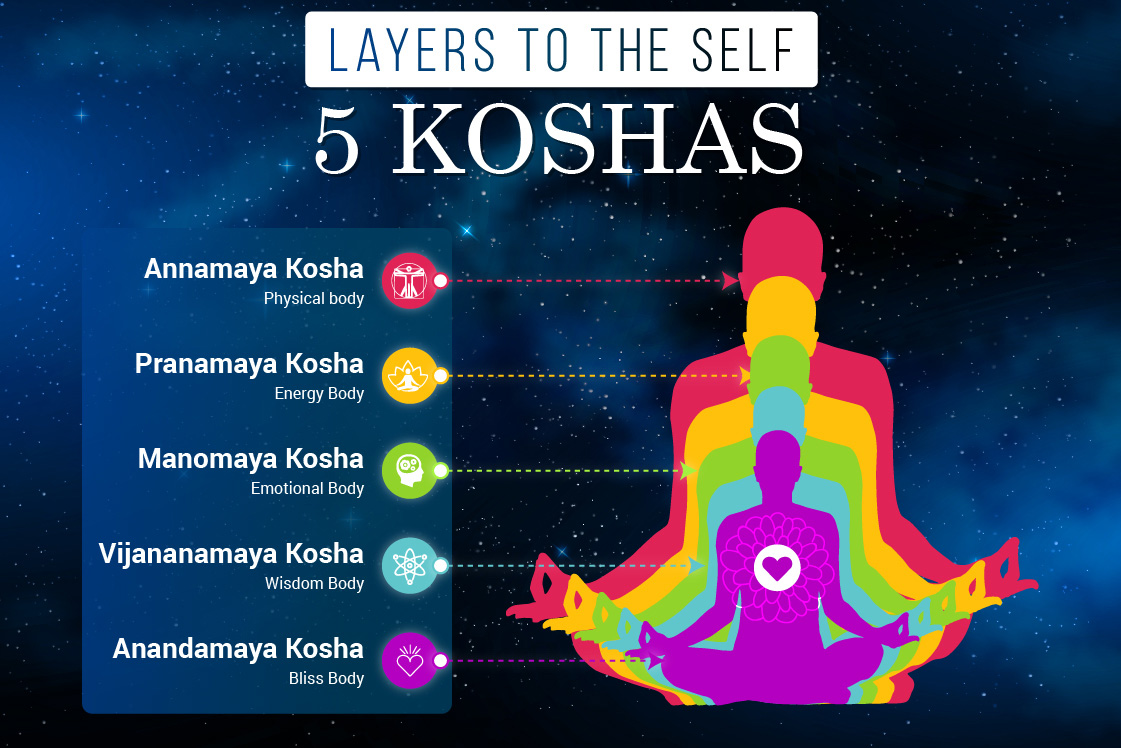
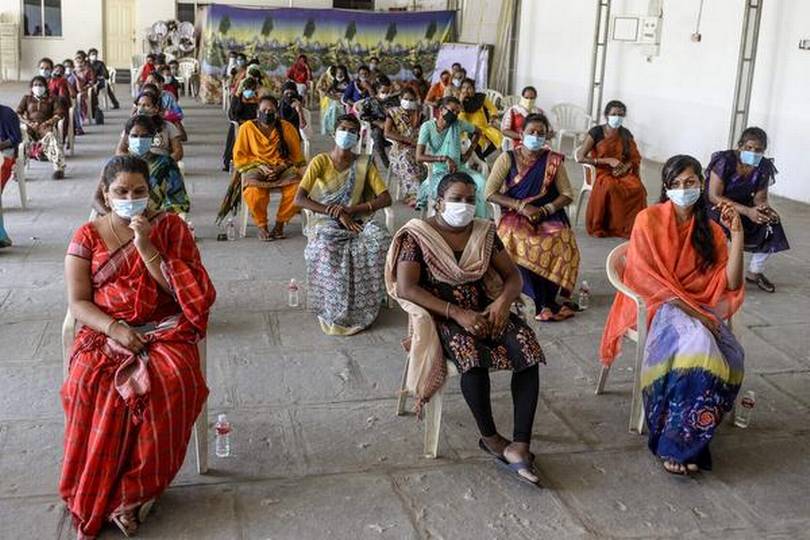
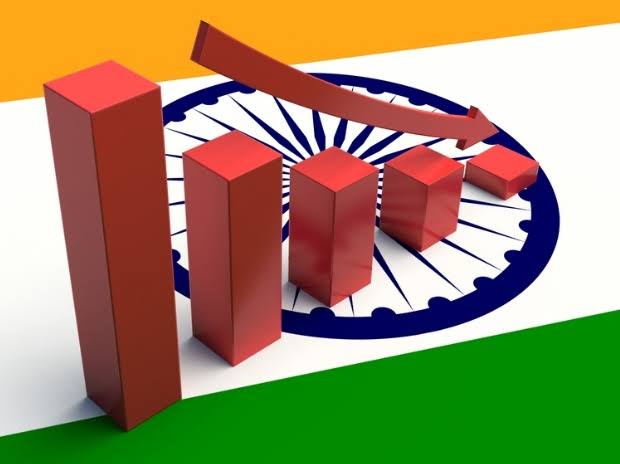

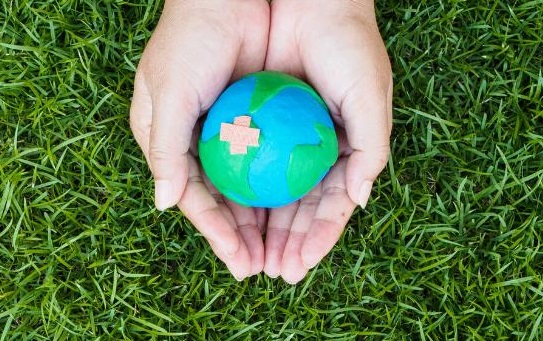

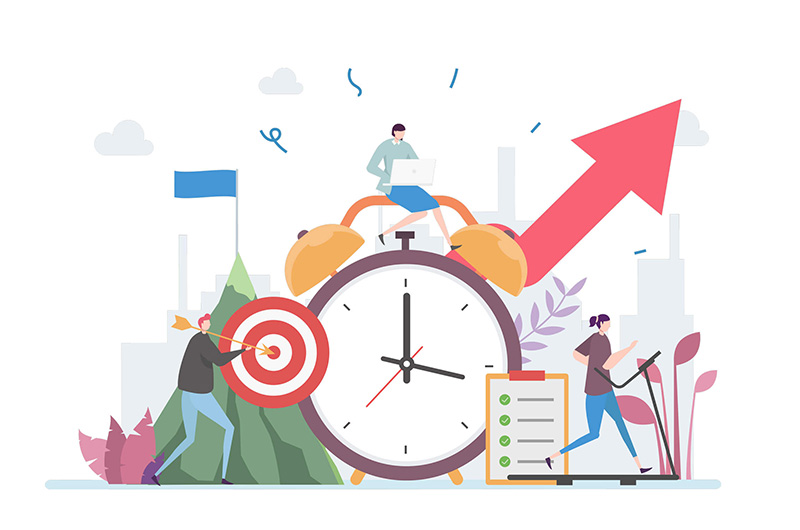

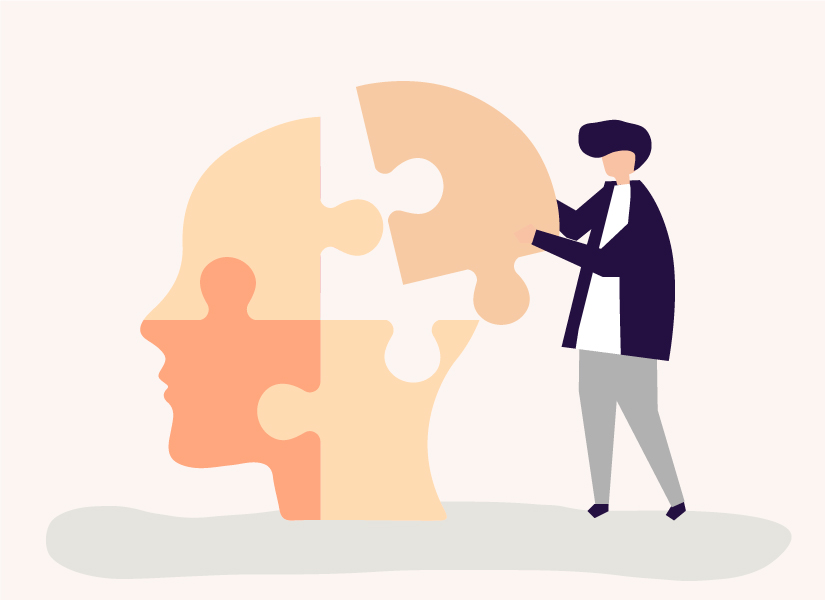
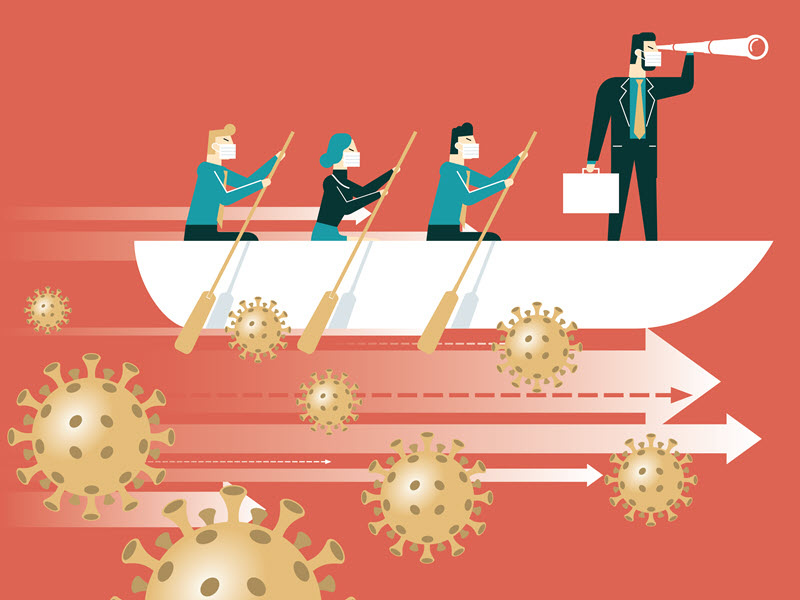
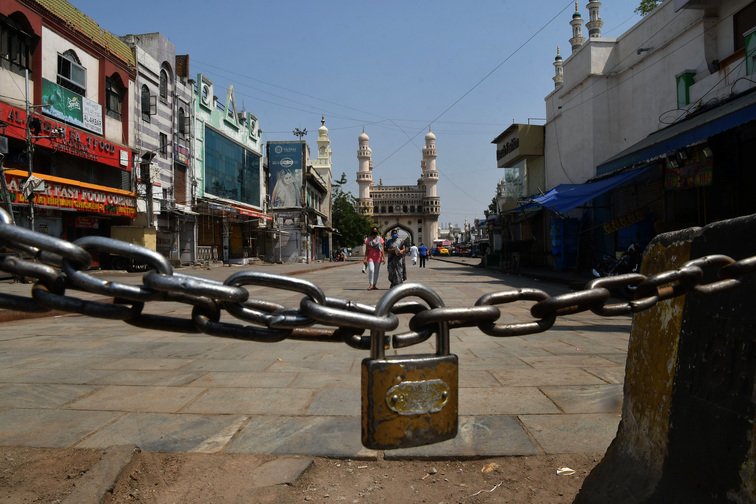
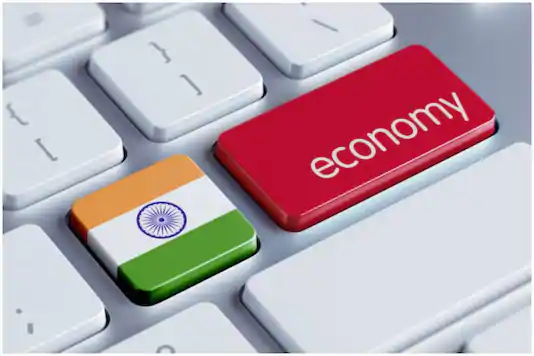

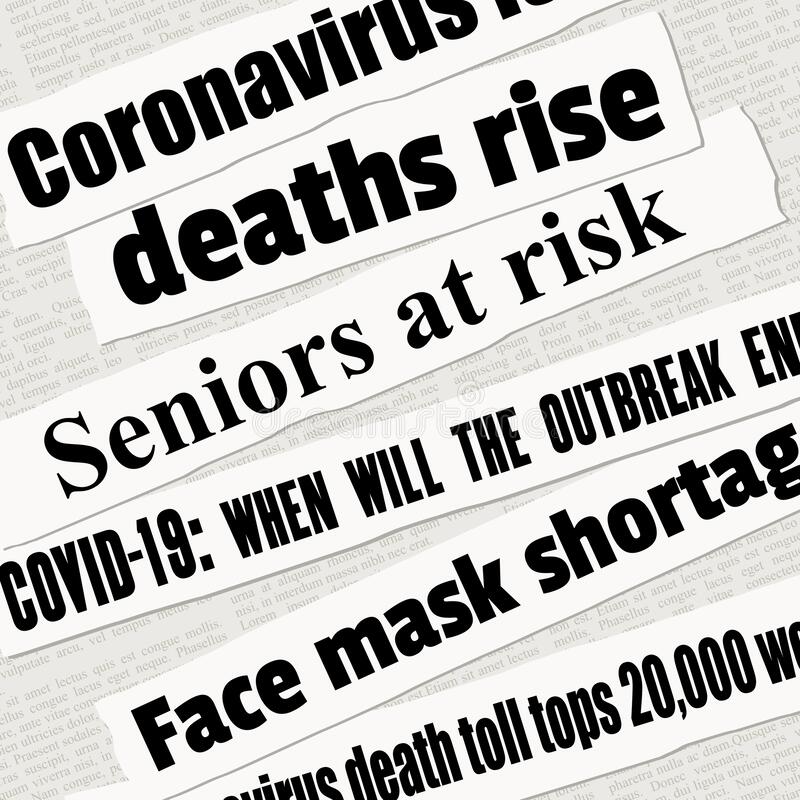
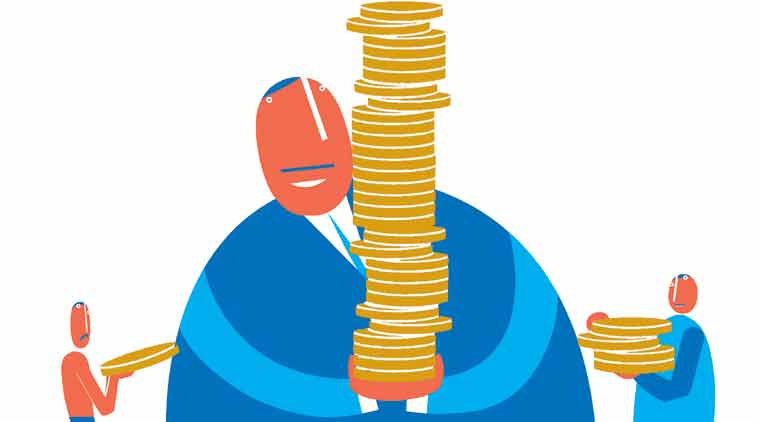

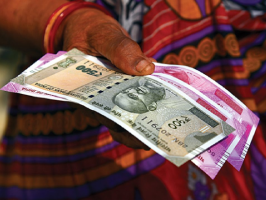

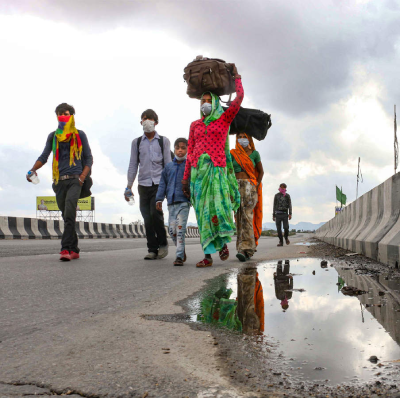
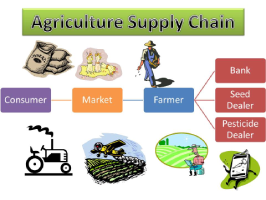
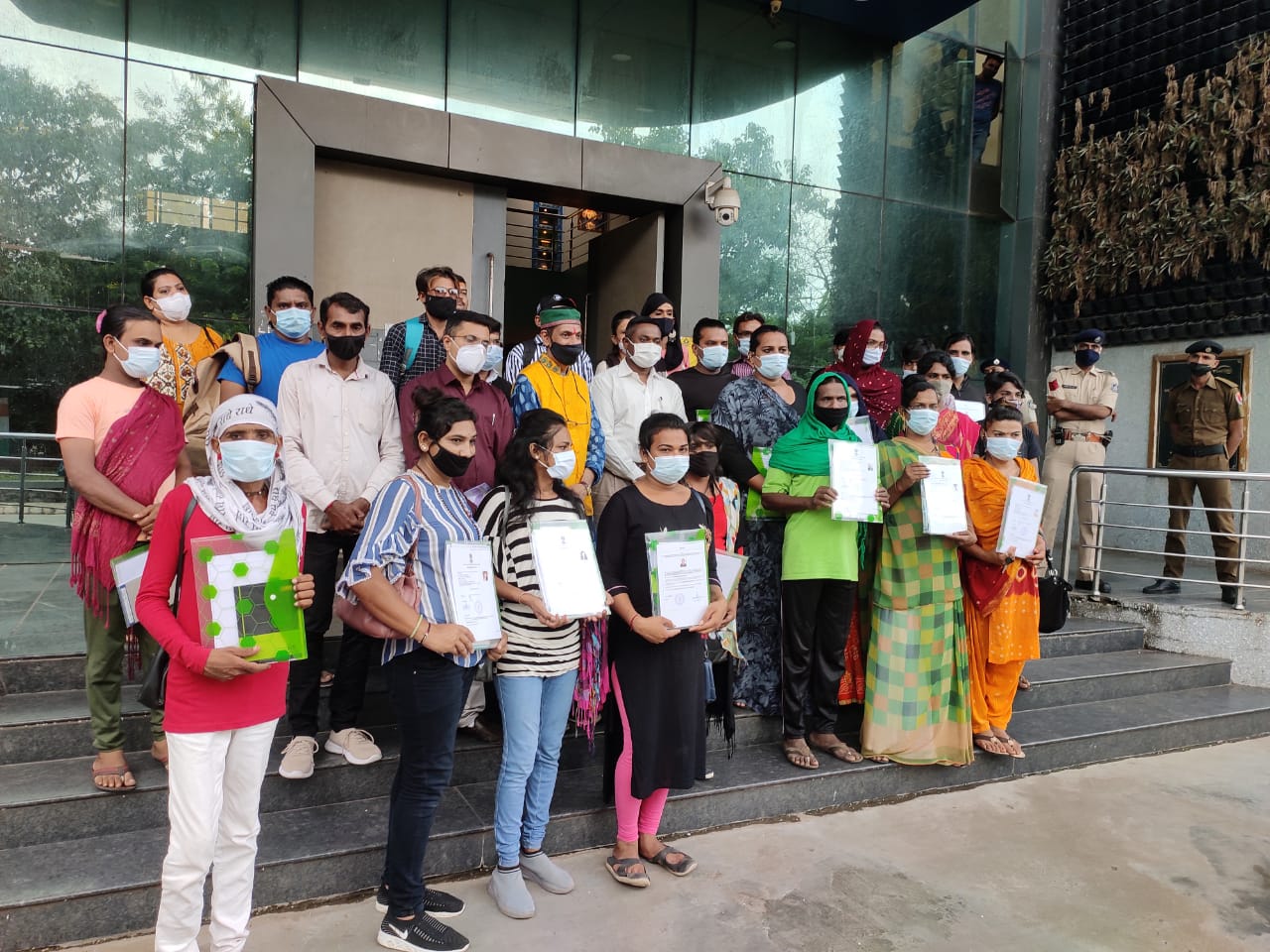
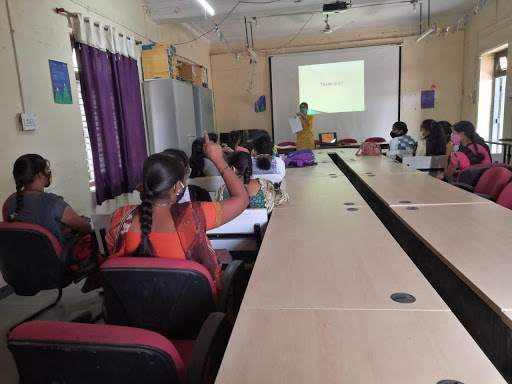

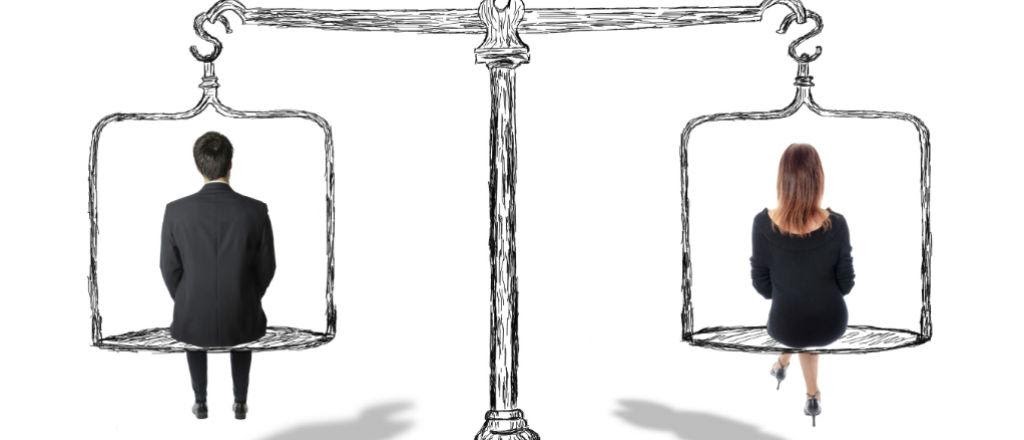
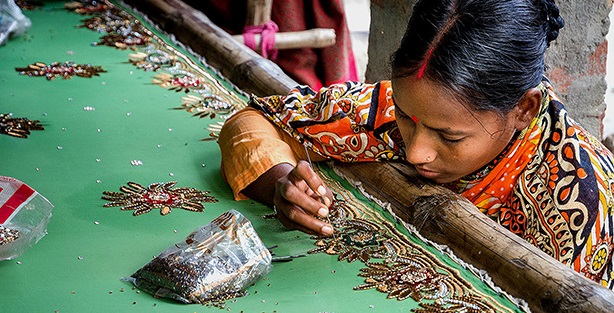


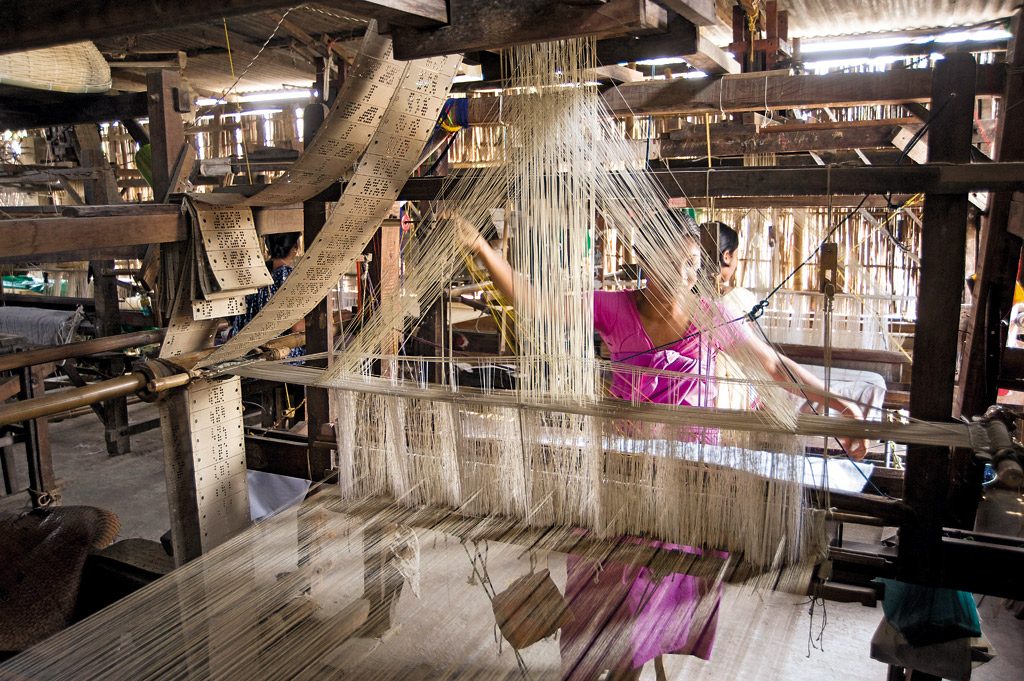
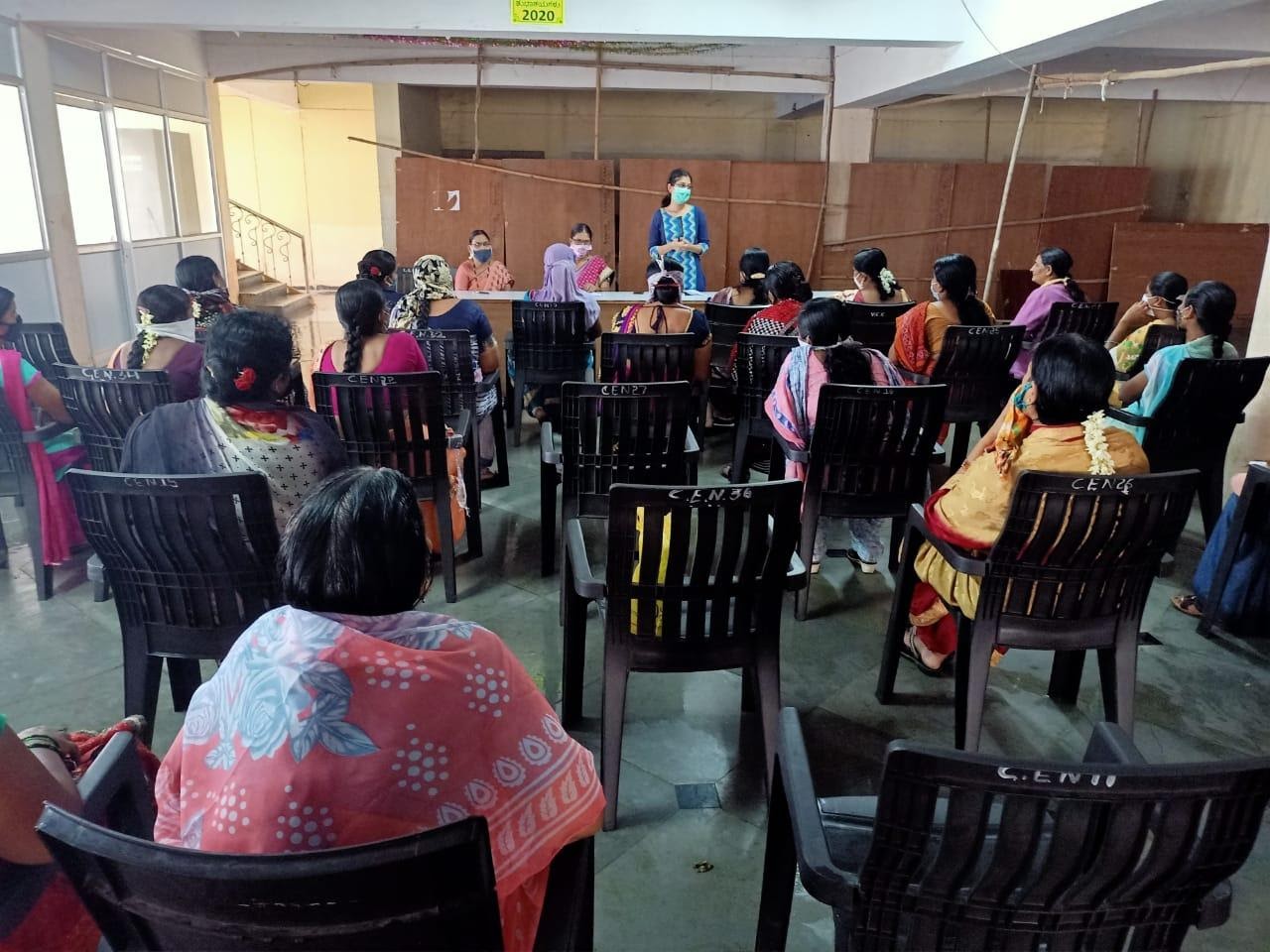


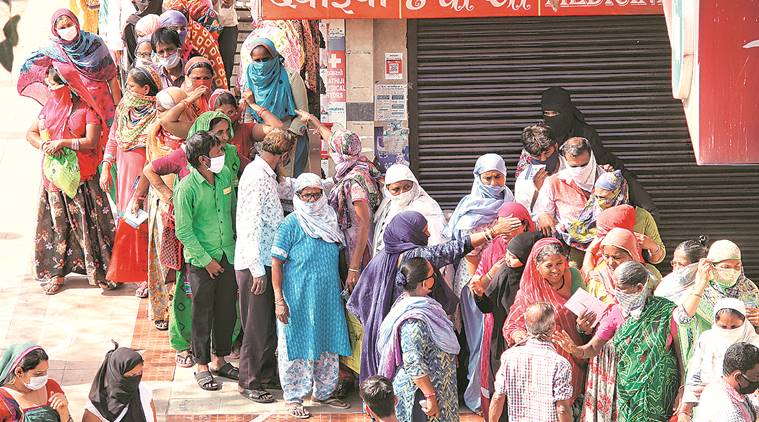
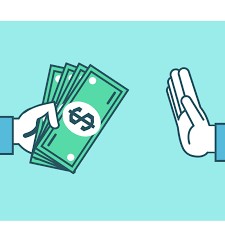
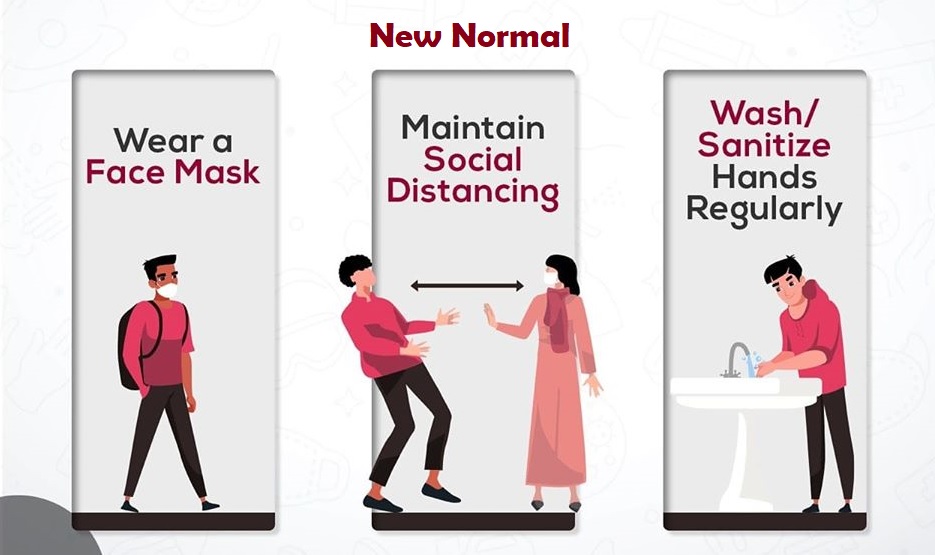
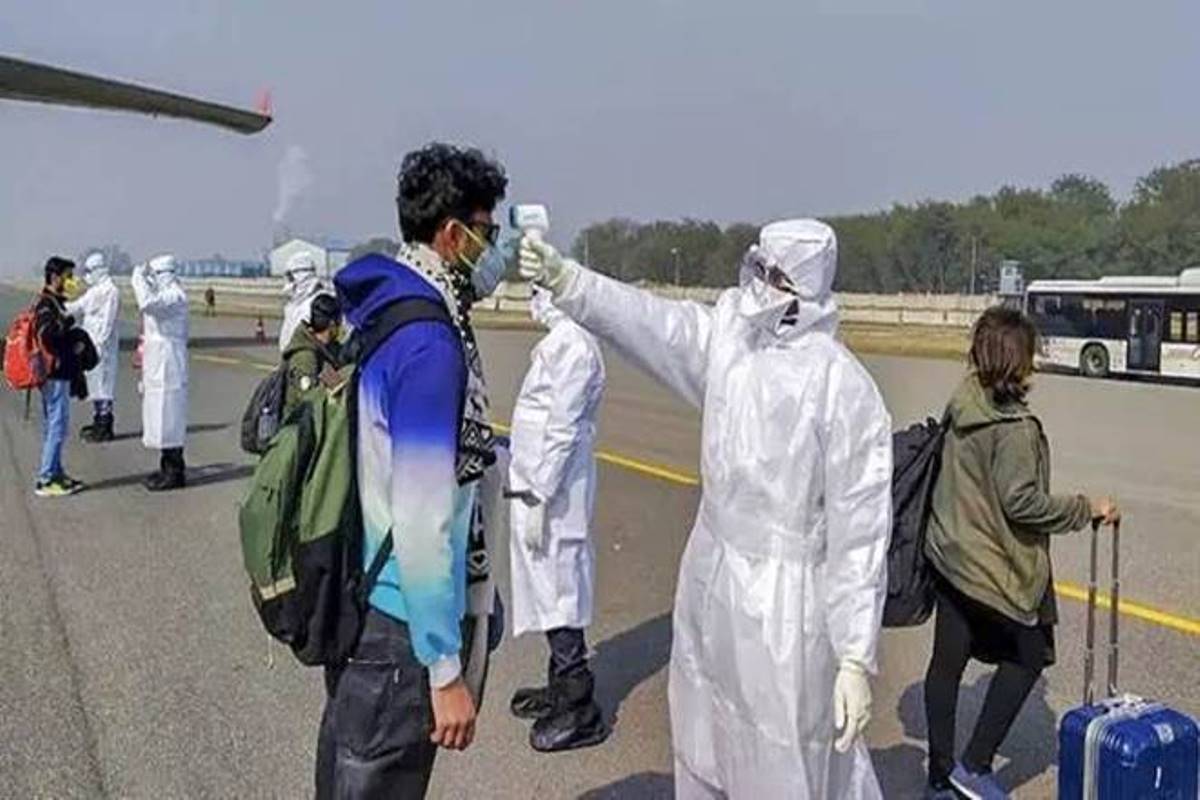

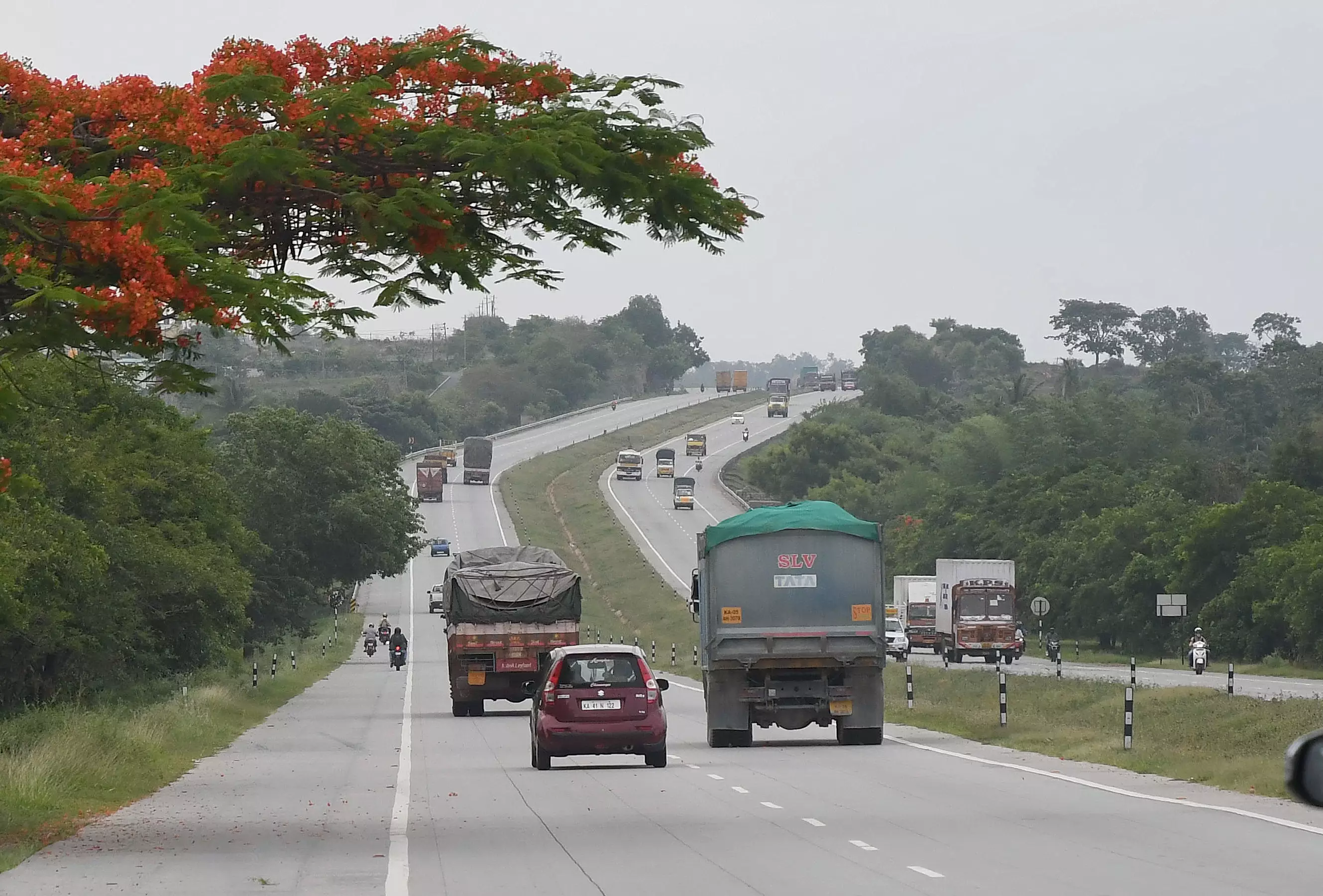

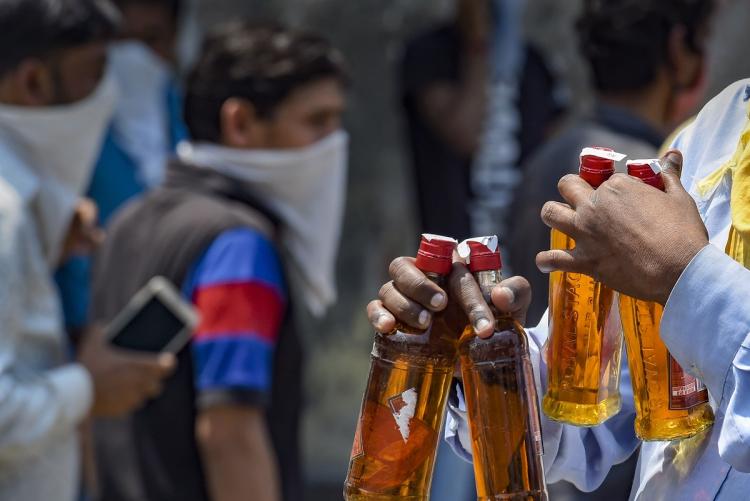


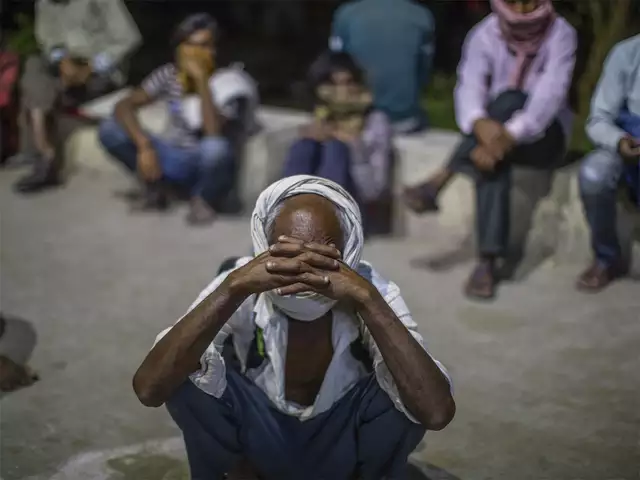

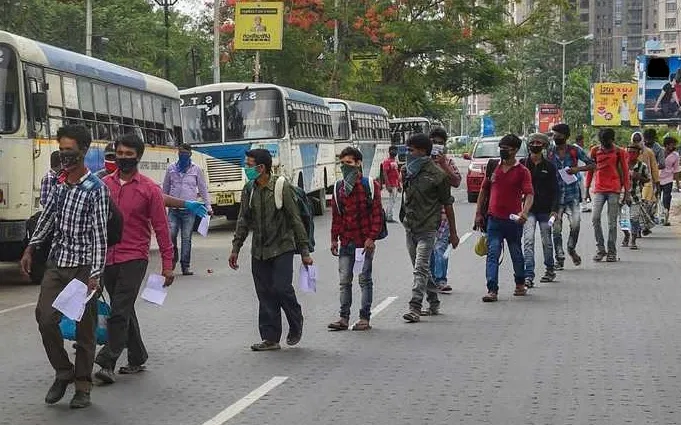





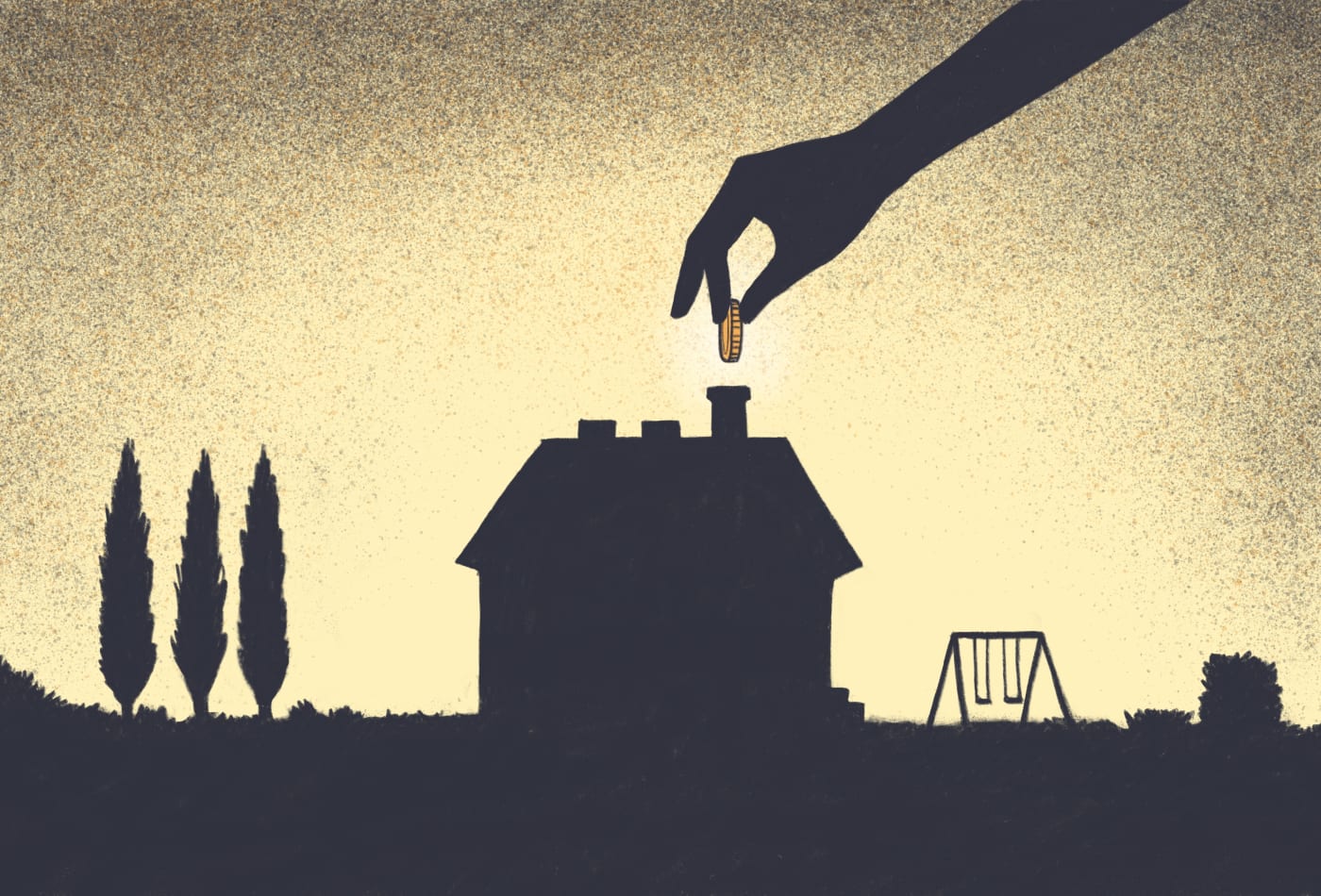

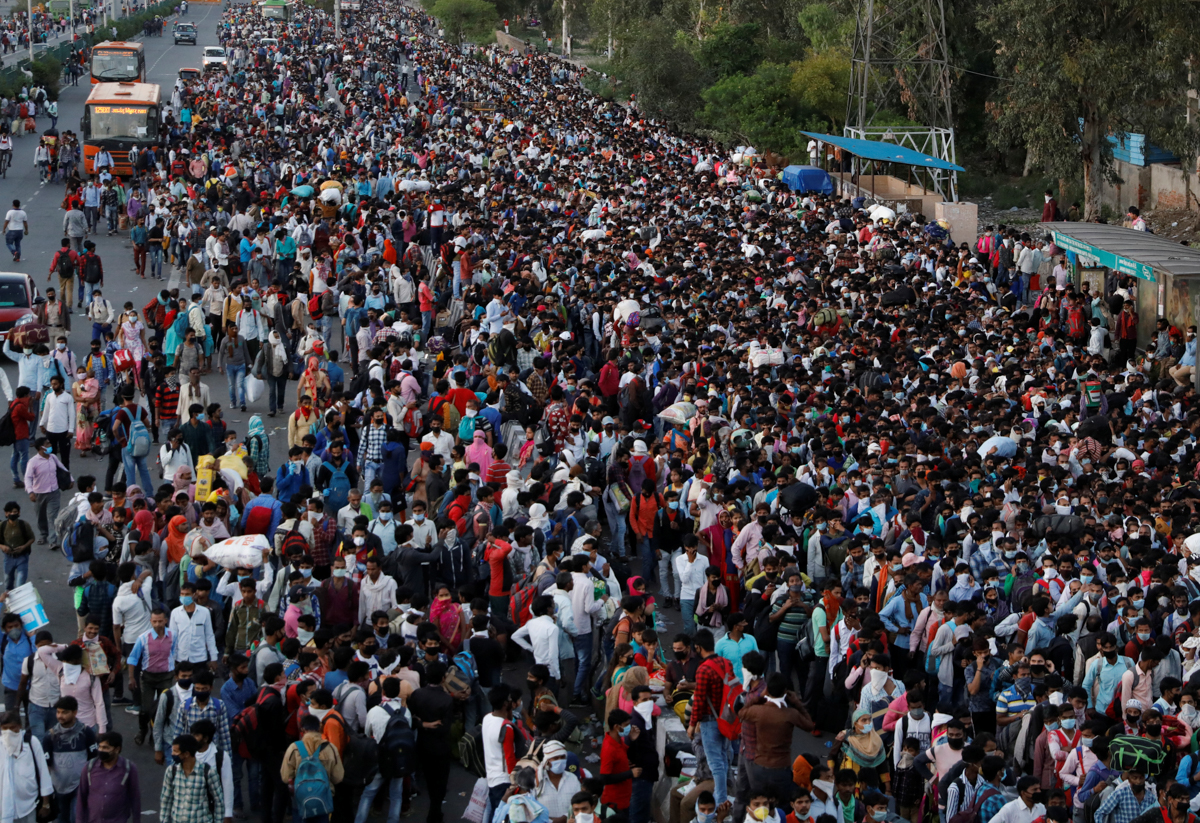

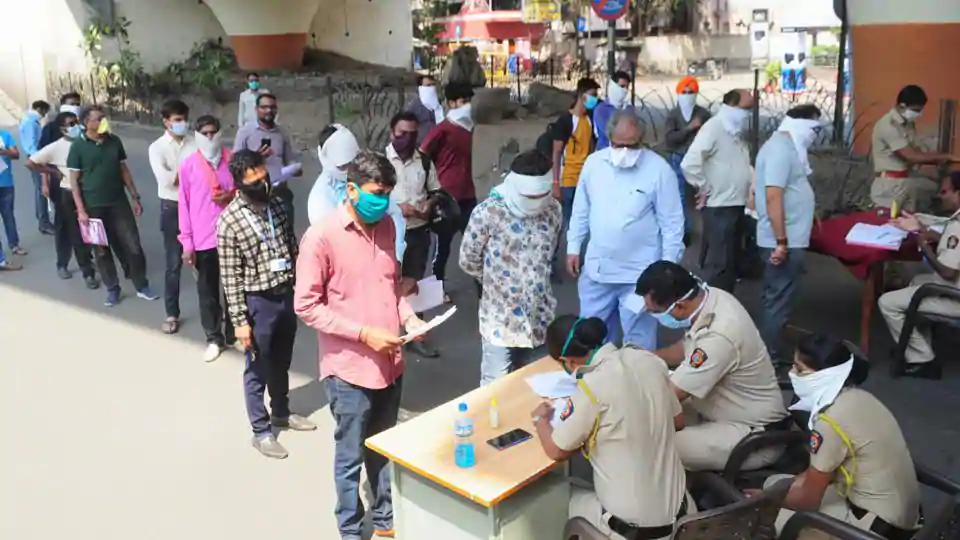
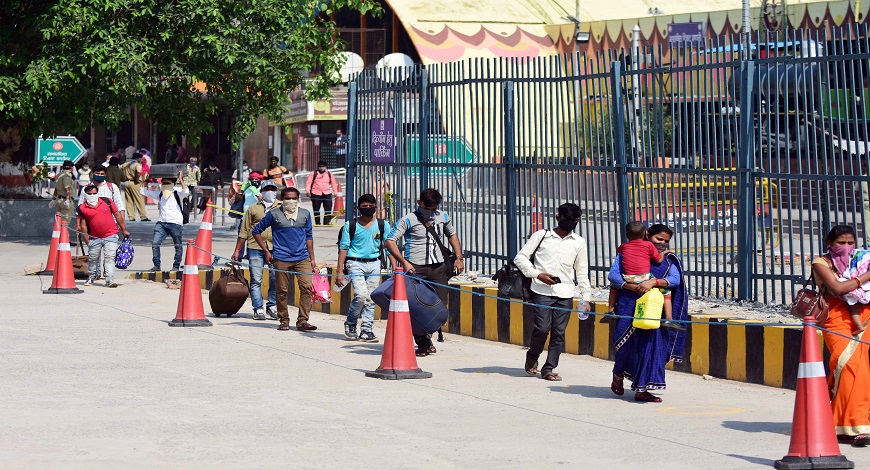

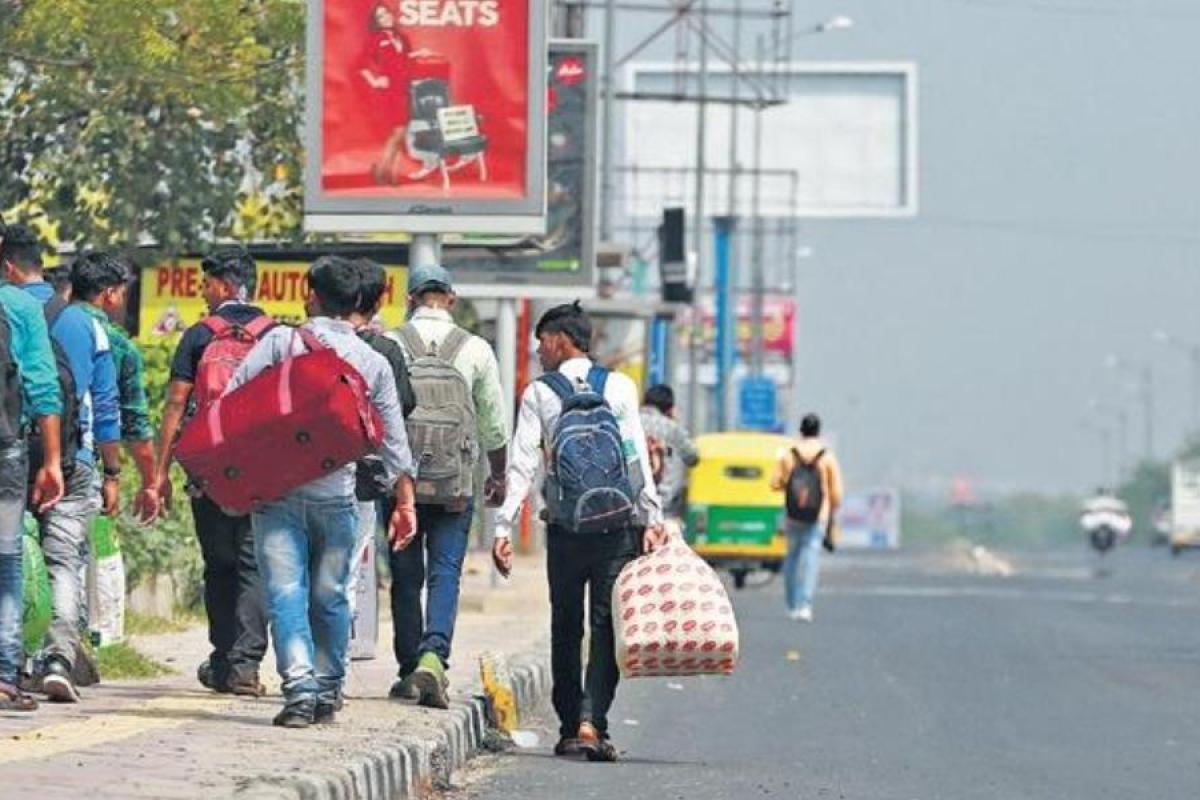
Naureen Bhullar